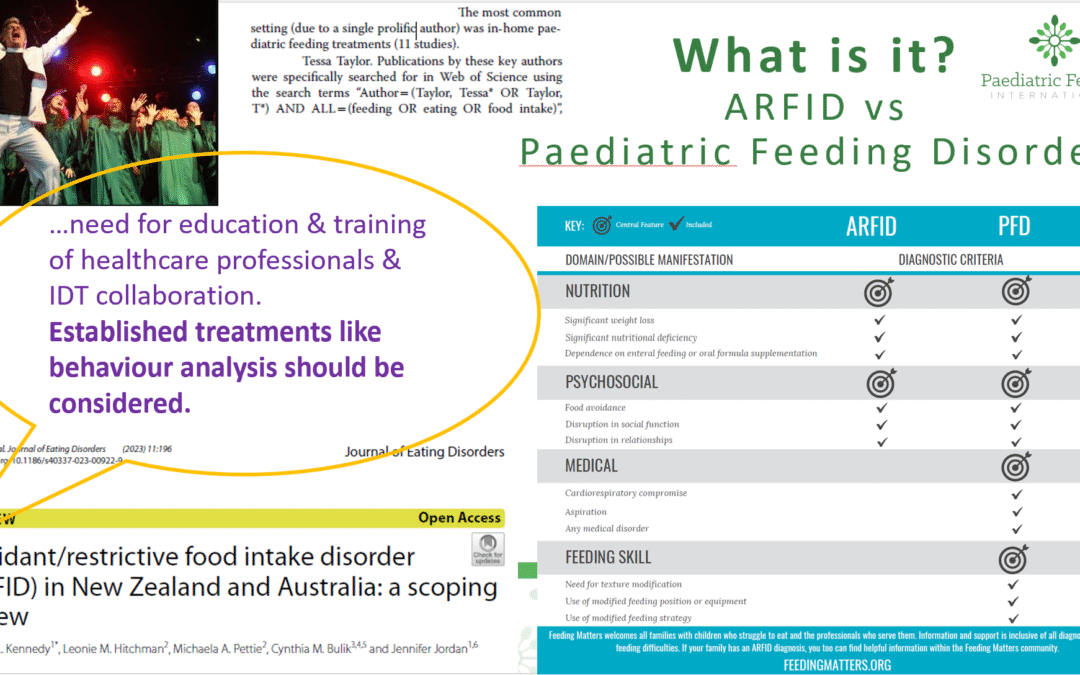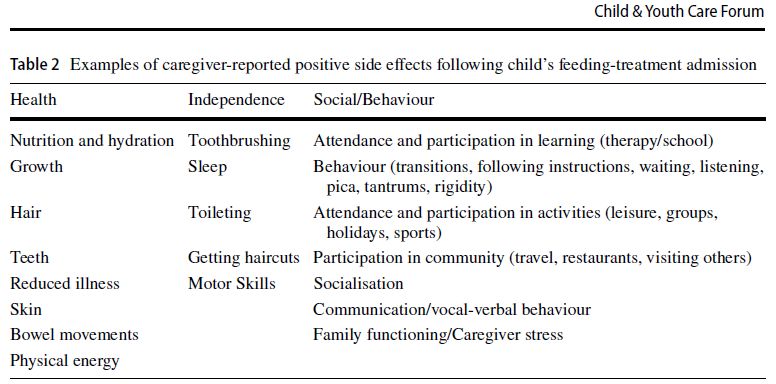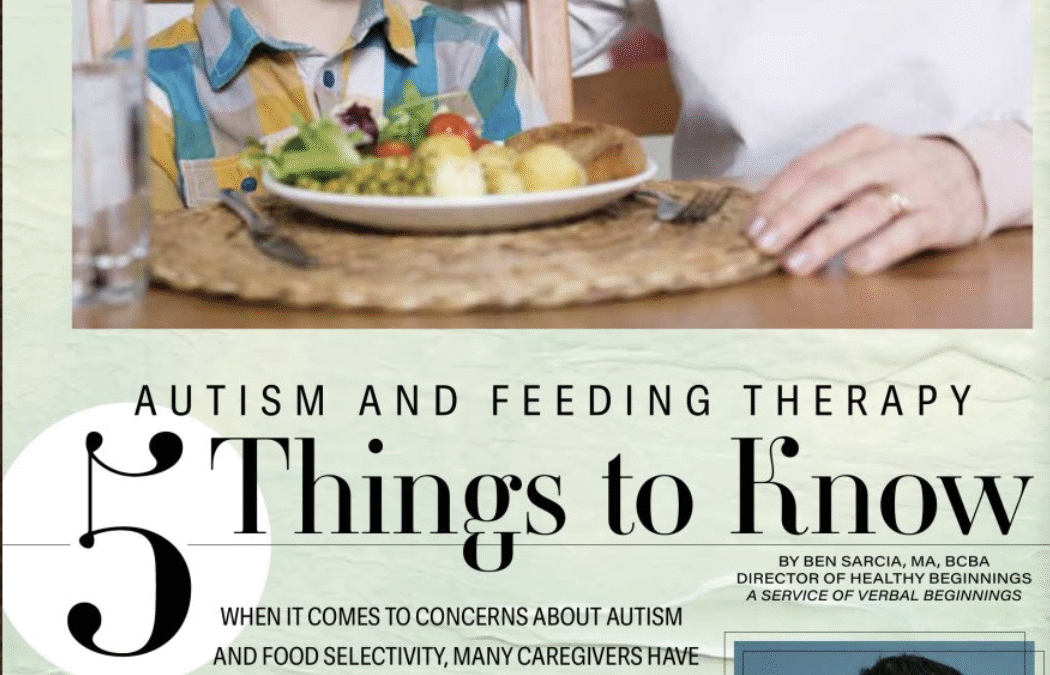
Jun 15, 2025 | Publications, Resources
For ARFID, there is a need for education and training of healthcare professionals and IDT collaboration. Established treatments like behaviour analysis should be considered.

Jun 15, 2025 | Featured, Resources
You’re not alone. You may hear that children will grow out of it, eat if hungry, are fine if they’re not underweight, or are not ready for feeding intervention. But research suggests this is not the case and, in fact, the problems can worsen over time.
Feeding difficulties are complex and people need the right help – and this support is available. It can work quickly and have rippling positive effects into other areas for the person and their loved ones.

Aug 15, 2024 | Resources
In the podcast of hashtag#DrPatFriman, Matt Cicoria chats about breaking down misconceptions about anxiety. Pat explains that anxiety isn’t something we have like a disease—it’s a fear of things that won’t actually hurt us.
The conversation gets even more interesting when Pat shares an eye-opening technique used by Steve Hayes. He demonstrates how our minds connect unrelated things through language, expanding our fears unnecessarily. …
Pat also touches on how the mental health industry has convinced many to treat anxiety as a chronic illness when in reality, it’s about understanding and managing our responses.
Discover practical tips on handling anxiety and changing your perspective on fear. Don’t miss out on this enlightening episode!

Jul 15, 2024 | Featured, Publications, Resources, Reviews, Social Validity
“Collectively, caregivers rated behaviour-analytic treatments high in social validity and treatments were highly effective. Caregivers reported increased broader quality of life and lasting positive impacts, decreased stress, and lack of negative effects.”
“Accurate dissemination is needed to increase earlier access to effective feeding treatment for families and specialised training for professionals to promote data-based and individualised decision-making in this vital area.”

Jul 15, 2024 | Resources
“…many caregivers have questions that are both specific and challenging. The starting point to answering them is oftentimes the pediatrician, which is a great first step, except that most pediatricians aren’t equipped to deal with the complexity of feeding issues and autism.”
“Sadly, many children have suffered as a result of delayed treatment because of bad information. And speed matters when it comes to effective treatment.”






